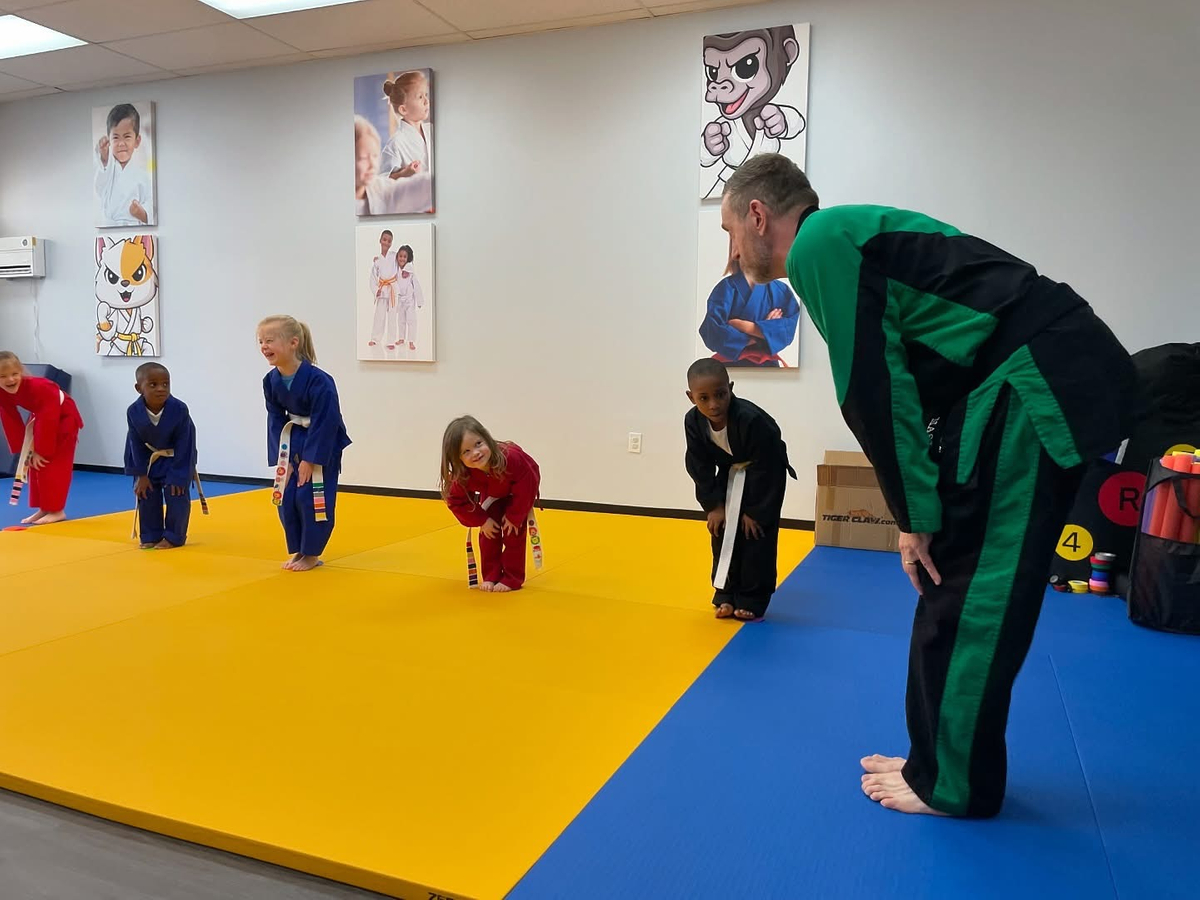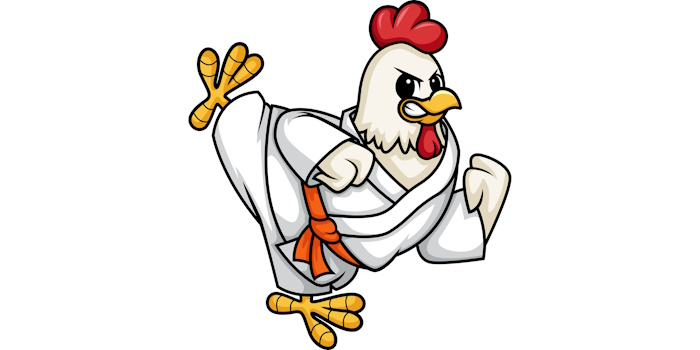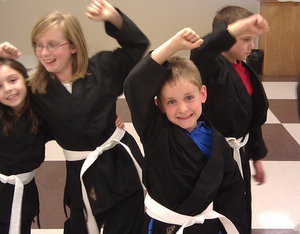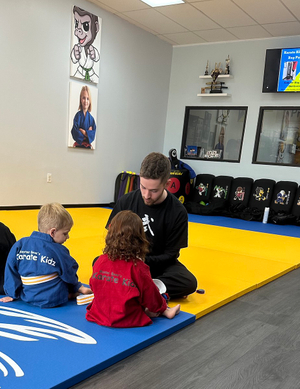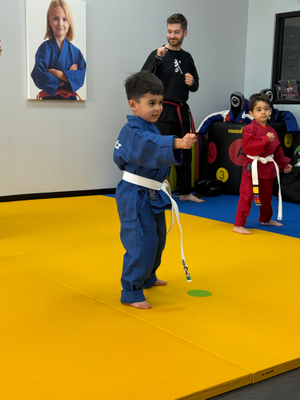So what is it about a Karate class that is focused on traditional values like focus, respect, kindness, and patience that makes them so good for 4 year olds? Is there some sort of objective rule to measure this all by? As a matter of fact...
A children's Karate class for 4 year olds when taught by an experienced instructor can help with so many of their milestones as outlined by the CDC. There are mental, physical, and social benchmarks that a child focused Karate program will help them achieve.
If milestones are so crucial to keep involved in short and long term goals for 4 year olds, let's then look at how Karate classes can help them reach these and much more.
Listed on the CDC website are many of the most important milestones for this age group. The right Karate program can aid a child with many of these.
- Pretending or acting out a part of someone or something he or she is not.
- This is something done in nearly every session of a well run, child focused Karate class. Defense against strange adults, other kids being bullies, strange animals etc. demands that students help one another by playing the part of the 'bad guy' often.
- Asking to play or participate with other kids that are not currently there.
- This happens nearly every day with children in my Karate studio in Knoxville. Parents tell me they are asked repeatedly to go to Karate classes when they are not scheduled, to come to a 'parents night out' when it is not scheduled, and naming others in the class by name that they want to see again. There is ample opportunity to develop around this milestone.
- Comforts others that are hurt or sad.
- This type of empathy is an integral part of working in a class setting with other children in a Karate program. There are times when children may get bumps or bruises and times they will fail at something they attempt. Putting themselves in the place of others instead of ridicule is foundational to taking care of your training partners and ensuring they want to train with you in the future.
- As you may imagine, this is another foundational element of a children's Karate class. The danger can come in the form of knowing their own limitations, being cautious around strange adults or animals, or navigating aggressive social interactions.
- Likes to be considered a "helper".
- This is something that must be reinforced in children of all ages. Though at 4 years old, helping others begins to really take shape as a positive activity in their minds. Karate classes offer ample opportunity to help instructors, mentor younger students, and even at times aid in instructing newer students on a specific topic they have already mastered.
- Can switch behaviors depending on the place and environment appropriately.
- An ability to use self control in a multitude of situations and places is perfectly addressed with the demands of respect and etiquette in a Karate dojo. Bowing before entering mat areas, knowing when to be loud and when it is not appropriate, as well as how to act in many other environments is expressly addressed.
- Communicates with more natural, long sentences.
- A children's Karate class definitely teaches them to express themselves, whether in a martial arts class, in an educational class, or even to threats like strange adults, unknown animals, or other aggressive children.
- Can repeat previously heard lines from songs, stories, or other memorized texts.
- This is handled expertly by Karate creeds, promises, and other memorized texts.
- Can answer questions about the use or function of a thing or action.
- Nearly every movement, training aid, training weapon, etc. in children focused Karate classes has their use and importance explained to the student and they are expected to be able to offer a similar explanation of these things when asked.
- Can distinguish several colors.
- Color belts and utilizing these as goals are a major part of the learning process in nearly every type of martial art. A children's Karate program will make special use of these colors when teaching long and short term goal setting.
- Will predict and express what comes next in a well known story or routine.
- A class designed for kids in a martial art like Karate will have many elements that repeat in a pattern. This concept touches nearly every part of the sport or art. There are movements, parts of the class, etc. that can be counted on to be the same every time. A 4 year old will have tons of opportunity to develop this while attending regular classes.
- Knows and can identify several body parts.
- Recognizing, using, knowing the function of, and understanding how to use body parts for Karate practice is demonstrated in some way in nearly every class a 4 year old will attend.
- Can dress and undress themselves.
- Putting on their own Karate uniform is one of the first things children in a Karate class are taught. It is one of the first steps in helping them be 'big kids' and take on the responsibility of learning a martial art.
There are also university level studies that looked at the physical fitness side of learning Karate that take them far beyond these CDC guidelines.
In a study published in an article titled, Effects of Participating in Martial Arts in Children: A Systematic Review, researchers found that many specific areas of physical fitness in children were dramatically improved.
The results showed significant improvement in final measurements conducted concerning speed, flexibility, cardiorespiratory fitness, agility, strength, coordination, and balance. The researchers were so impressed with the findings that they predict such outcomes, if known by parents, would cause many to choose Karate over other sport options.

